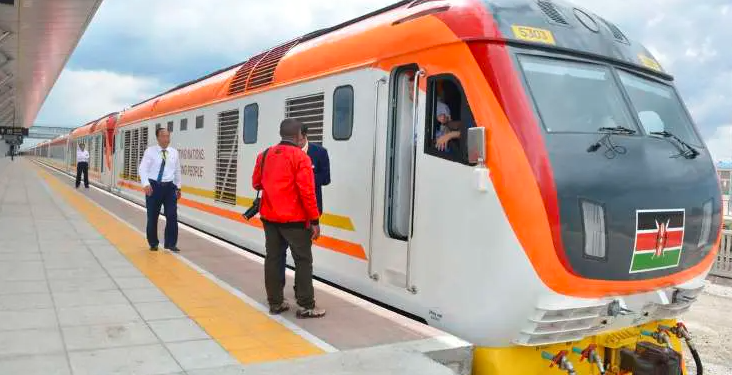Kenya’s Treasury has unveiled plans to raise about KES 541.0 billion, approximately USD 4.2 billion through bond financing to support the expansion of the Standard Gauge Railway and the modernization of Jomo Kenyatta International Airport, a pivotal shift in how the government funds large-scale infrastructure. The move comes shortly after the Adani Group’s withdrawal from several infrastructure projects in Kenya, following corruption allegations and legal challenges that prompted the government to terminate related agreements. This decision signals a broader strategy to reclaim public control over strategic assets, restore investor confidence, and ensure transparency in project financing.
By opting for bond financing over foreign loans or controversial public-private partnerships (PPPs), the Kenyan government is charting a more sustainable and accountable path to infrastructure development. The plan includes a securitized bond issuance, which allows investors to buy into future revenue streams generated by projects, such as airport fees, cargo handling, and railway operations, providing both liquidity and a clear repayment framework.
The KES 541.0 billion financing package underscores Kenya’s renewed emphasis on self-reliance and fiscal prudence, aligning with the government’s goal to reduce dependence on foreign loans, particularly those carrying high-interest or opaque terms. The experience with PPPs, many of which have sparked public debate over value for money and accountability, has led policymakers to rethink funding models in favor of capital-market solutions that enhance transparency and market discipline The PPPs include, Nairobi Expressway, a flagship USD 668.0 million Build-Operate-Transfer PPP project to ease traffic congestion in Nairobi, with a 27-year concession; It blends 80.0% private capital and 20.0% public funding, 35MW Orpower 22 Geothermal Power Plant, a greenfield geothermal electricity generation project to increase national installed capacity by 35MW,structured as a Build-Own-Operate PPP for 25 years, Kenya Defense Forces Residential Accommodation, development of 3,069 residential units for KDF under a 15-year Build-Transfer PPP model; Galana-Kulalu Food Security Project, Enhances food security by bringing 20,000.0 acres of land under production through a 30-year privately initiated PPP.
From a market and investment perspective, the move is expected to deepen Kenya’s domestic bond market while strengthening its reputation as a regional financial hub. For investors, infrastructure bonds backed by tangible assets like the SGR and JKIA offer both security and potential yield advantages.
Beyond financing, this approach has strategic implications for Kenya’s economic competitiveness. Upgrading the SGR and expanding JKIA will boost logistics efficiency, enhance regional trade flows, and solidify Nairobi’s role as East Africa’s aviation and commercial gateway. Improved connectivity is also expected to attract manufacturing, tourism, and service investments, generating multiplier effects across sectors.
Ultimately, Kenya’s shift toward bond-driven infrastructure financing represents a maturing fiscal philosophy one that prioritizes accountability, inclusivity, and long-term growth. By replacing controversial foreign partnerships with market-based funding and diaspora participation, the Treasury is laying the groundwork for sustainable infrastructure development that serves national interests while reinforcing investor confidence in Kenya’s evolving economic story.

















